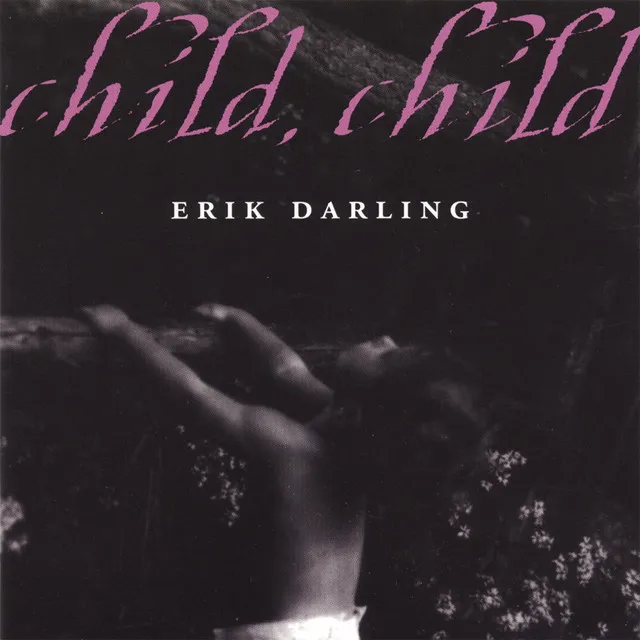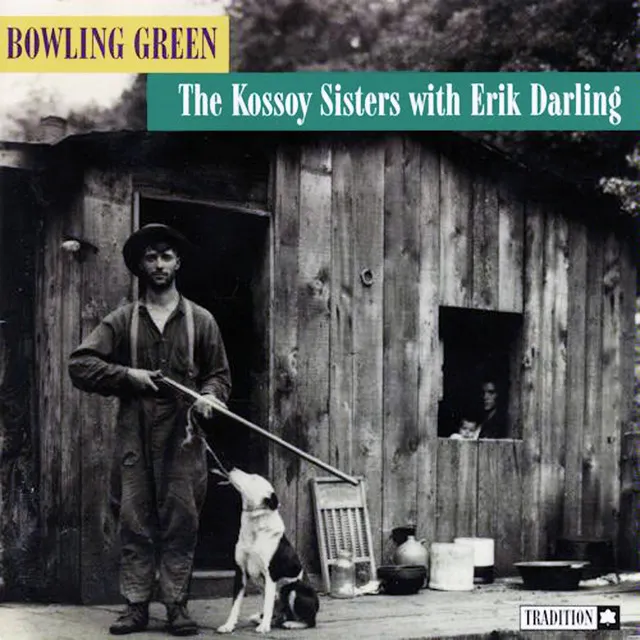Erik Darling's graceful sense of style and clearheaded arrangements of traditional folk tunes made the singer, songwriter, and versatile instrumentalist a behind-the-scenes innovator on the folk scene for decades, and if he never actually became a household name, his influence was subtle and pervasive. Born September 25, 1933, in Baltimore, MD, Darling actually spent his childhood in Canandaigua, NY, and by the time he was in his early twenties, he was a regular fixture in New York City's Washington Square folk scene. A superb banjo player and perhaps an even better 12-string guitarist, and possessing a clear, warm, and expressive tenor singing voice, Darling was an expert at bringing out the best in the musicians around him. He formed the Tunetellers in the mid-'50s, and after a name change to the Tarriers, the group had a Top Ten hit with "The Banana Boat Song" (the song is also known as "Day-O" after its distinctive refrain and was subsequently an even bigger hit for Harry Belafonte) in 1956.
Darling next joined the Weavers as Pete Seeger's replacement and stayed with the group for a little over four years, leaving in 1962 to form the Rooftop Singers. Slyly updating and rearranging Gus Cannon's "Walk Right In," which Cannon's Jug Stompers originally recorded in 1929, Darling and the Rooftop Singers took the new version to the top of the charts in 1963. Never one to seek the limelight, Darling continued to record and work in the folk and emerging Americana vein, even flirting with a kind of desert country sound with his group Border Town (which also included members Sid Hausman and Lynn Lucas), which released the solid Border Town at Midnight album in 1994. Always an elegant singer and instrumentalist, Darling never lost his ability to rearrange traditional material into new forms that carried the past even as they were subtly updated to handle the present. Darling died on August 3, 2008, in Chapel Hill, NC, from complications due to lymphoma. ~ Steve Leggett, Rovi

